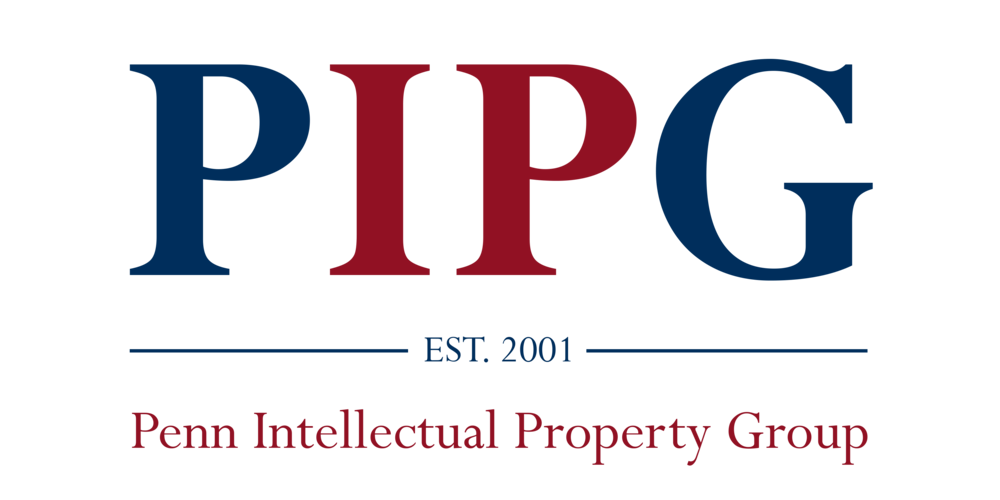The protracted battle over the patenting of the BRCA breast cancer mutations witnessed another volley in late November the Supreme Court granted certiorari (in part) to take up the case against Myriad Genetics, the Utah-based biotechnology firm who holds the patent. The case stands to have a major impact on the emerging field of personalized medicine, where physicians armed with complete genetic data on patients can tailor treatment plans to match an individual’s specific physiology. The patent system has long upheld the idea that “laws of nature” cannot be patented, however our growing technical and scientific abilities have increasingly blurred the critical distinction between patentable innovation and unpatentable discovery.
Laying Claim to a Genetic Variant
At its heart, this case hinges on the patent claims of Myriad Genetics, which include a claim to the BRCA1 and BRCA2 mutations, two genetic variants which are known to significantly increase a woman’s probability of developing breast and ovarian cancer. The application of this patent by Myriad Genetics has created a monopoly on screening for this variant, with the patent-holder’s lab being the only one in the nation performing all commercial tests for the BRCA mutations. Though this claim has been challenged, the US Court of Appeals for the Federal Circuit affirmed the validity of the patent in July of 2011, holding that the complimentary DNA developed to interact with this variation was an invention, and sufficiently distinct from the underlying natural processes to be patentable. Ass'n for Molecular Pathology v. U.S. Patent & Trademark Office, 653 F.3d 1329 (Fed. Cir. 2011). Following the denial of two requests for a rehearing the case seemed settled until the of 2012.
A Ray of Hope for Opponents of Gene Patenting
The Supreme Court’s recent decision in Mayo Collaborative Services v. Prometheus Laboratories, Inc. appeared to be the signal that detractors of gene patenting were looking for. That case, decided in March of 2012, struck down a patent on a technique for calibrating dosage of an autoimmune medication, holding that the patent did not diverge sufficiently from the underlying law of nature, and as such was not patentable. On it’s face, this case bears a striking similarity to the case against Myriad Genetics. In both instances, observations of underlying facts of biology serve as the lynch pin for the claimed patient.
With this in mind, the ACLU, who is trying the case on behalf of a host of plaintiffs, filed a petition of certiorari, asking the court to take up the Myriad Genetics case in light of their findings in Mayo Collaborative Services. The court apparently agreed, as they vacated the Federal Circuit Court of Appeals decision and asked that court to revisit the case in light of the Mayo decision. Ass'n for Molecular Pathology v. Myriad Genetics, Inc., 132 S. Ct. 1794, 182 L. Ed. 2d 613 (2012). Given the court’s decision to remand the case, it seemed certain that Myriad’s patent would be invalidated. Nevertheless, the Court of Appeals essentially reaffirmed their previous decision, claiming the case was distinguishable from the Mayo Collaborative case, while both tests involved the observation of natural reactions, the Myriad technique uses man-made cells in the testing process, rather than observing purely natural metabolism. This ruling fundamentally upholds the right to patent genes, and reinforces the exclusive right of Myriad to test for the BRCA variation.
Following the Federal Circuit Court of Appeals Court’s ruling, the ACLU again petitioned the Supreme Court for certiorari. Representatives of the ACLU stated that they believe the appellate court failed to “fully consider or correctly apply” the Mayo Collaborative case. The court granted certiorari in part to answer the principle question of the appeal: Are human genes patentable? Ass'n for Molecular Pathology v. Myriad Genetics, Inc, 133 S. Ct. 694 (U.S. 2012).
Assessing the Potential Impact of Myriad Genetics
The potential impact of the Myriad Genetics case is difficult to understate. Genes are the fundamental blueprints for human physiology, and we are only beginning to unravel the vast complexity of their application. By allowing private organizations to patent genes or gene variants, we run a serious risk of inhibiting discovery in this critical field by instilling a fear in scientist of facing patent infringement litigation as a result of their work.
On a more practical level, the diagnostic monopoly being enforced by the court allows Myriad Genetics to charge over $3,000 for the test. In contrast, many predict that scientists will be able to sequence an individual’s entire genome for a mere $1,000 in just a few years. The ability to access this incredibly valuable diagnostic information could be hindered if gene patents continue to be enforced. For example, if a patient’s whole genome is sequenced, it may be the case that her physician can’t share the results of the screening in terms of any BRCA outcomes without paying Myriad Genetics for the right to do so. Multiply this result by the thousands of genes that have been patented to this point, and the development of inexpensive full-genome screening could be undermined entirely, depriving the medical field of a critical diagnostic tool.
To date, the damage incurred by enforcing Myriad’s BRCA patent has been relatively minimal. Nevertheless, as the industry continues to grow and more and more genes are patented, this question is likely to arise more and more, with potentially greater consequences than we have seen in this case. Now that the Supreme Court has chosen to hear the case against Myriad Genetics, we may see the first definitive ruling on the patentability of human genes as early as this summer. We will continue to track this case on the blog through the Supreme Court arguments this spring and the ruling this summer. To track these and other interesting developments in the IP world, subscribe to the blog using the link to the right.




